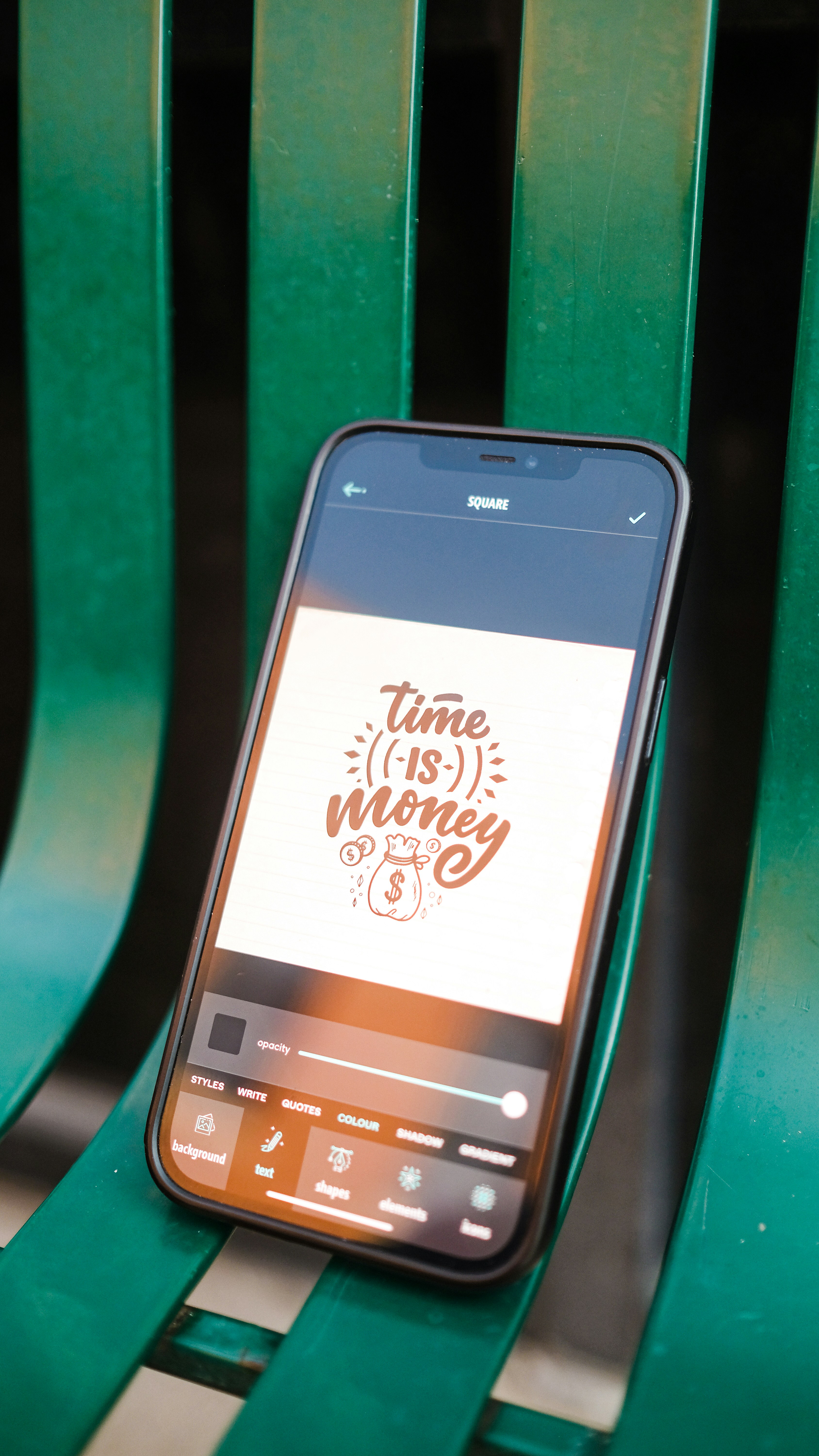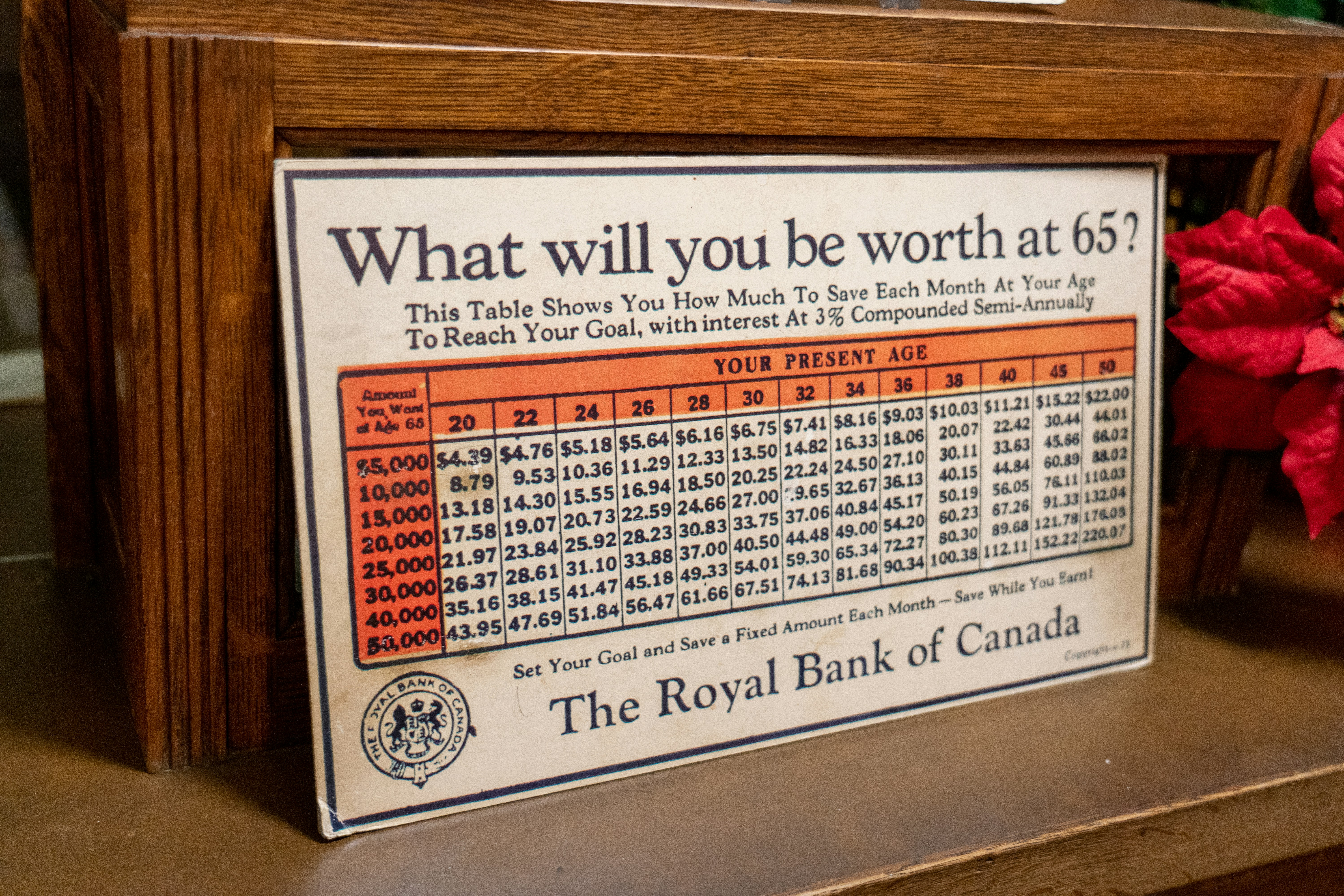Budgeting Apps for Seniors

As individuals age, managing finances becomes increasingly crucial, and the best budgeting apps for seniors in 2025 are designed to address their unique needs. Financial management in later life presents specific challenges, such as fixed incomes and rising healthcare costs. As such, utilizing technology to organize, track, and manage personal finances can significantly enhance the quality of life for seniors. These budgeting apps offer user-friendly interfaces and features that simplify the budgeting process, making financial oversight accessible and less daunting for older adults.
The introduction of smartphones and tablets has revolutionized how seniors approach their finances. These tools enable seamless tracking of expenses, monthly bills, and savings goals. By leveraging budgeting apps, seniors can set reminders for upcoming payments, categorize their spending habits, and even receive alerts regarding budget limits. Importantly, these applications empower seniors to take control of their financial health, fostering a sense of independence and security in an important aspect of their lives.
In 2025, the market for budgeting apps continues to expand, with numerous options available catering specifically to the older demographic. Many apps incorporate features that consider the technological proficiency of seniors, ensuring that even those who are not tech-savvy can navigate these platforms with ease. This accessibility encourages seniors to utilize tools that can assist them in staying on track financially, ultimately leading to better planning, less stress, and improved financial wellbeing.
As we delve into the best budgeting apps available for seniors in 2025, it will be essential to consider factors such as usability, key features, and support offered by these applications. Identifying a suitable budgeting app can play a significant role in helping seniors manage their finances effectively and confidently as they navigate their golden years.
Key Features to Look for in Budgeting Apps
When selecting a budgeting app tailored for seniors, several key features must be prioritized to ensure that the application meets their unique needs effectively. One of the most critical aspects is a user-friendly interface. Seniors should feel comfortable navigating the app without feeling overwhelmed by complex functionalities. A clean, straightforward design helps users focus on their financial goals rather than struggling with technology. Larger buttons and clear labels can greatly enhance usability for individuals who may have visual impairments or limited tech experience.
Another essential feature is accessibility options. Budgeting apps that offer voice commands, text enlargements, or high-contrast modes are incredibly beneficial. These features help accommodate users with varying levels of physical ability and cognitive function. Ensuring that an app is accessible can improve engagement and ultimately lead to more effective budgeting practices among seniors.
Security measures are also paramount when it comes to managing finances through apps. Seniors need to feel confident that their financial data is protected from unexpected breaches. Strong encryption, two-factor authentication, and privacy policies that are transparent and easy to understand are crucial attributes to look for in any budgeting application. These security elements not only protect sensitive information but also build trust, encouraging responsible use.
Furthermore, the ability to sync with bank accounts is a significant advantage. This feature allows users to automatically track their transactions and monitor their spending patterns in real time. It simplifies the budgeting process by eliminating the need for manual entry, thus reducing the likelihood of errors. With the integration of bank accounts, seniors can gain a holistic view of their financial situation, making informed decisions about their spending and saving habits more feasible.
Top Budgeting Apps of 2025 for Seniors
In 2025, the financial landscape continues to evolve, presenting seniors with an array of budgeting apps tailored to meet their specific needs. These applications focus on simplicity, accessibility, and features that enhance financial literacy and money management for older adults.
One of the leading budgeting apps is Mint. Renowned for its user-friendly interface, Mint enables seniors to track their spending habits and budgets effortlessly. This app aggregates all financial accounts in one place, providing a comprehensive overview of expenses and income. Users praise its ability to categorize transactions automatically, making it easier for seniors to understand their financial situation. Additionally, Mint offers budgeting tips and alerts for upcoming bills, ensuring users remain financially vigilant.
Another noteworthy app is YNAB (You Need A Budget). YNAB emphasizes proactive budgeting, encouraging users to allocate every dollar they earn into specific categories. Its robust educational resources make it an excellent choice for those unfamiliar with budgeting concepts. Customer reviews highlight its exceptional customer support and the effectiveness of its goal-setting features, which can motivate seniors to save for both short- and long-term objectives.
For those seeking a more straightforward option, EveryDollar is designed with simplicity in mind. This app streamlines the budgeting process by focusing on a zero-based budgeting approach, which promotes financial discipline. EveryDollar allows seniors to create customized budgets quickly and track expenses without unnecessary complexity. Additionally, its integration with bank accounts facilitates real-time updates on spending, making it a practical choice for seniors looking to maintain control over their finances.
Lastly, Pocketsmith offers an innovative calendar-based budgeting system that empowers users to visualize their financial commitments over time. Many seniors appreciate this forward-thinking approach, which not only simplifies the budgeting process but also enables better planning for future expenses. Comprehensive tools and versatility make Pocketsmith a valuable asset for seniors aiming to enhance their financial well-being.
Comparison of Best Apps: Pros and Cons
When evaluating the best budgeting apps for seniors in 2025, it is essential to consider both the advantages and disadvantages of each option. This comparison highlights the key features, costs, and user-friendliness that are particularly relevant to seniors.
One of the most popular budgeting apps, Mint, offers a comprehensive financial overview. The app allows users to track expenses, set budgets, and receive bill reminders. Its primary benefit is that it is free, making it a cost-effective solution for seniors. However, some users may find the advertising within the app intrusive, which could detract from their experience. Additionally, while the interface is generally user-friendly, seniors may need some initial guidance to navigate its many features.
Another noteworthy app, YNAB (You Need A Budget), focuses on proactive budgeting strategies. It encourages users to allocate every dollar they earn, promoting better financial planning. The app offers a free trial, but it comes with a monthly subscription fee after that. Many users appreciate its educational resources, which help seniors learn effective budgeting techniques. On the downside, the subscription cost may deter some users, and its more complex features might be overwhelming for those seeking simplicity.
EveryDollar, developed by financial expert Dave Ramsey, follows a zero-based budgeting approach. It is straightforward and easy to use, making it a great fit for seniors looking to minimize financial stress. The app is free but offers a premium version with additional features. One limitation is its lack of automatic transaction syncing, which could require seniors to enter data manually, increasing the potential for errors.
Lastly, PocketGuard stands out with its focus on simplifying budgeting. It quickly shows users how much disposable income they have after accounting for bills, goals, and necessities. While the app is straightforward, its free version has limited capabilities, and users may need to invest in the premium version for a full experience. Each app presents unique advantages and disadvantages, making it important for seniors to choose one that aligns with their budgeting needs and preferences.
How Budgeting Apps Can Improve Financial Literacy for Seniors
In today’s fast-paced financial landscape, seniors are increasingly turning to budgeting apps as effective tools to enhance their financial literacy. These applications not only streamline the process of managing finances but also provide valuable educational resources that help users understand the principles of budgeting better. By leveraging various features designed specifically for their needs, seniors can gain insight into their spending behaviors, saving strategies, and overall financial health.
One of the primary advantages of budgeting apps is their ability to track expenses in real-time. This feature allows seniors to categorize their spending and identify areas where adjustments can be made. For instance, by visualizing monthly expenditures in specific categories such as groceries, utilities, and entertainment, users can see where they may be overspending. This visibility encourages informed decision-making and fosters a deeper understanding of financial habits.
Furthermore, many budgeting apps come equipped with educational content, including articles, videos, and tutorials, which can offer seniors guidance on essential financial concepts. Topics may range from the importance of developing an emergency fund to understanding the impact of credit scores on financial health. By integrating these educational aspects, seniors are empowered to make better financial choices and plan for future expenses, ultimately leading to improved financial stability.
Additionally, some budgeting apps allow users to set financial goals, aiding seniors in visualizing and committing to their financial objectives. Whether it’s saving for a vacation, managing healthcare costs, or planning for future living arrangements, these goal-setting features can motivate seniors to adopt better financial habits. Ultimately, the combination of budgeting functionalities and educational resources can significantly enhance financial literacy among seniors, enabling them to navigate their financial landscape with confidence and clarity.
User Testimonials and Experiences
In recent years, seniors have increasingly turned to budgeting apps as a way to manage their finances more effectively. Many individuals have shared their insightful testimonials about how these applications have transformed their approach to budgeting and financial planning. For instance, Mary, a 67-year-old retiree, reported that using a budgeting app helped her regain control of her spending. She mentioned, “Before using the app, I would often find myself overspending on groceries. Now, I set a monthly limit and track my expenses easily.” This simple yet effective use of technology has enabled her to allocate her funds more prudently while enjoying her favorite meals without the stress of financial anxiety.
Similarly, John, a 72-year-old veteran, expressed how a budgeting app assisted him in managing his pension effectively. He stated, “The app offers insights into my spending habits which I never realized before. It categorizes my expenses, and I can see where I need to cut back.” His experience underscores the practical benefits of utilizing digital tools that not only help track finances but also encourage more informed spending decisions. The customization features of various budgeting apps allow users to tailor their experience according to their unique financial situations.
Moreover, testimonials from seniors highlight the importance of usability in choosing a budgeting app. Many individuals prefer applications with user-friendly interfaces and clear instructions. As Susan, an 80-year-old grandmother put it, “I am not very tech-savvy, but I found an app that is easy to navigate. It guides me through the process of budgeting, which makes managing my finances less overwhelming.” Such experiences reveal that even those who may feel intimidated by technology can benefit significantly from using budgeting apps tailored for seniors. These real-life accounts illustrate the positive impact of technology on financial management, showcasing how seniors are embracing innovative solutions to enhance their financial well-being.
Tips for Getting Started with Budgeting Apps
As seniors embark on their journey to financial management, budgeting apps can serve as invaluable tools. However, selecting the right app and getting accustomed to its functionalities can be daunting for those unfamiliar with technology. Below are practical tips aimed at easing this transition.
First, when choosing a budgeting app, it is essential to consider usability and accessibility. Look for applications that have simple, user-friendly interfaces, large text options, and customer support readily available. Features such as automatic bank synchronization can streamline the tracking process, allowing users to easily monitor their expenses without manual data entry.
Once an app is chosen, setting up a budget is the next critical step. Begin by identifying fixed and variable expenses. Fixed expenses might include rent or mortgage payments, while variable expenses can cover groceries, entertainment, and miscellaneous costs. Many budgeting apps allow users to enter their income and categorize these expenses efficiently. It can be beneficial to start small with realistic goals, adjusting the budget over time as familiarity with the app improves.
Staying motivated while tracking expenses can be challenging, but leveraging app features can assist. Many budgeting apps provide visual aids, such as graphs and charts, that illustrate spending patterns and savings progress. This visual representation can motivate seniors to stick to their financial goals. Additionally, setting specific savings milestones and celebrating small achievements can help maintain enthusiasm for budgeting.
Lastly, regular check-ins with the app can reinforce the habit of budgeting. Setting aside time weekly or monthly to review expenditures, adjust budgets, and reassess goals can empower seniors to feel more in control of their finances. By following these tips, seniors can transition to using budgeting apps with confidence and ease.
Addressing Common Concerns About Budgeting Apps
As seniors increasingly turn to technology for managing their finances, concerns surrounding the use of budgeting apps are common and valid. One of the primary apprehensions is the issue of data security. With numerous reports of data breaches and cyber threats, it is understandable that seniors would feel hesitant about entering sensitive financial information into an app. However, most reputable budgeting applications utilize advanced encryption methods to safeguard personal data. It is advisable to choose apps that are transparent about their security measures and have a good reputation in the market.
Another significant concern may revolve around privacy issues. Seniors often worry about how their data might be used or shared with third parties. To address this, it is important to select budgeting apps that clearly outline their privacy policies and ensure users’ data is not sold or shared without consent. Moreover, many apps provide options to limit data sharing, allowing users to maintain control over their information. Reading reviews and seeking apps with strong privacy protections can help alleviate these fears.
Additionally, the technology barrier is a crucial consideration for many seniors. The perception that budgeting apps are complex and challenging to navigate can deter individuals from utilizing these helpful resources. However, many developers have focused on creating user-friendly interfaces specifically tailored for older adults. Many apps feature simple layouts, intuitive workflows, and tutorial options to guide users through the setup and management process. Taking the time to familiarize oneself with the app through tutorials or community forums can significantly enhance the experience of utilizing these financial tools. When approached with the right information and support, seniors can effectively use budgeting apps as a practical means to manage their finances.
Recommendations
As we look towards the future, the role of budgeting apps for seniors is poised to become increasingly significant in supporting effective financial management. With the ongoing evolution of technology, these applications are becoming more user-friendly and tailored to the unique needs of older adults. The potential long-term benefits are numerous, as many seniors may find that budgeting apps can provide not only financial oversight but also greater peace of mind in managing their resources.
For seniors, effective financial management is critical to maintaining independence and security in their later years. Budgeting apps offer an efficient solution for tracking expenses, setting financial goals, and even alerting users to potential overspending. As these applications continue to advance, we can expect enhancements in features that promote ease of use, accessibility, and integration with other financial tools. This will empower seniors to take control of their finances and make informed decisions.
Furthermore, the importance of engagement with technology cannot be understated. By embracing budgeting apps, seniors not only improve their financial literacy but also enhance their overall interaction with digital platforms. With the potential integration of voice commands, personalized notifications, and seamless interfaces, the usability of these apps will cater to a wide demographic. This indicates a promising future where seniors will increasingly rely on digital solutions to meet their financial needs.
In conclusion, as budgeting apps continue to evolve, they represent a valuable resource for seniors navigating their financial landscape. Their growing capabilities will likely enhance the overall quality of life for many individuals in this demographic, reaffirming the necessity of incorporating technology into everyday financial practices. As we move forward, it is essential that seniors remain open to these innovations and adapt them to their lifestyles for better financial health.



